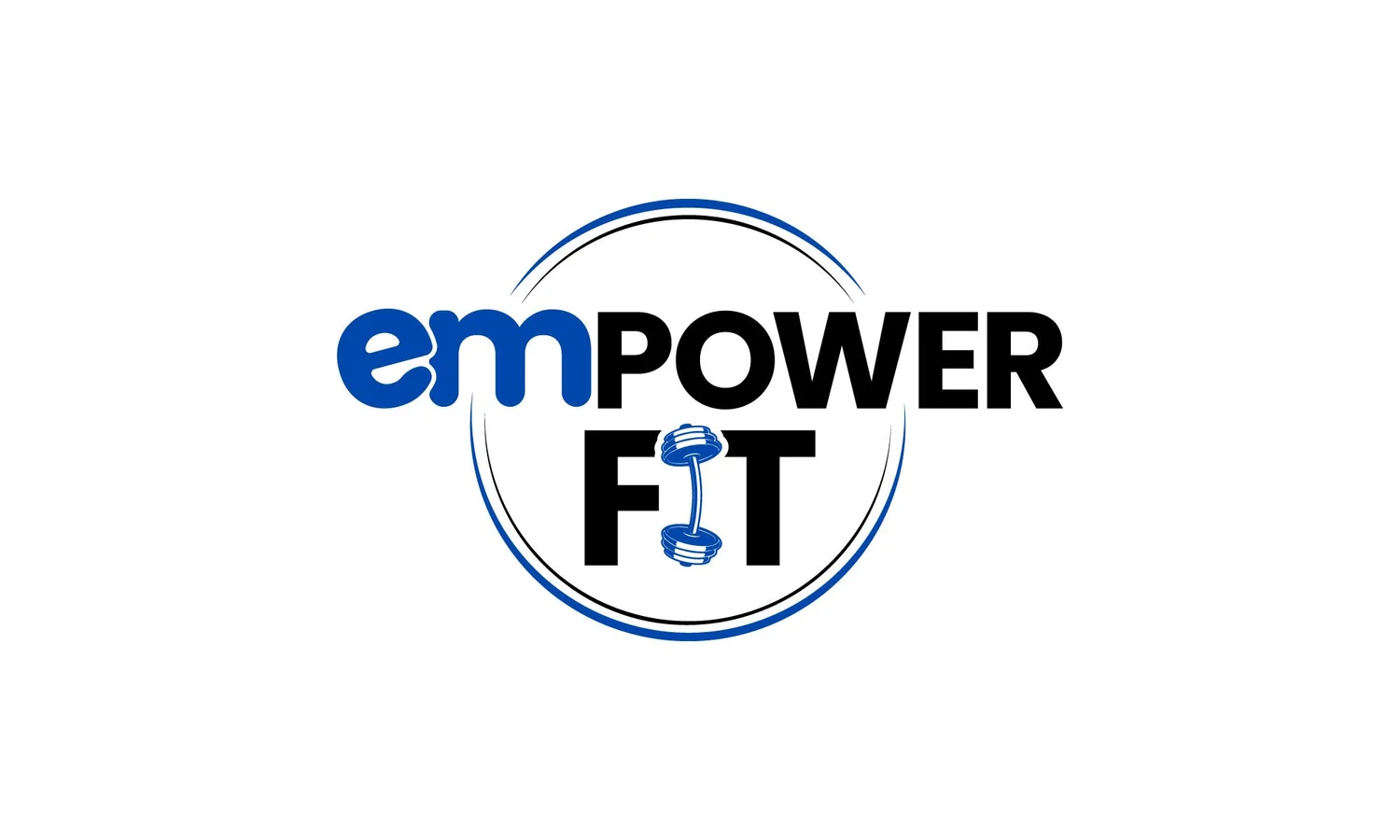“Eat more” to lose weight?
As I have been spending a couple of days per week doing my industry research to see what other’s out there are marketing, the one area of language I have seen come up consistently is “You need to eat more to lose weight” or “You’re not eating enough to lose weight”. I have also heard nutrition coaches and dietitians use this language with clients. I’m going to be honest, I’m not a fan. With the obesity epidemic in the US, and a clearly undereducated population in nutrition basics, people aren’t eating the right foods in the right amounts consistently enough to throw out this blanket statement. Simply telling them to eat more isn’t going to change their unhealthy nutrition habits and will not lead to fat loss.
So let me tell you what eat more really means if you are someone wanting fat loss. First, eat more quality foods in the right quantity to keep your body’s basic functions going (basic human functions like heartbeat, lungs, brain function, digestion, etc.) Next, eat enough food to provide essential energy and nutrients for exercise and recovery while in a calorie deficit to induce fat loss.
So yes, eating more nutrient dense foods is what the body needs for fat loss goals. This is what eat more should mean and is lacking in the general American population. You are not losing weight because you aren’t eating enough, you aren’t eating enough whole minimally processed lower calorie foods and eating more higher calorie foods. This is what is keeping you from driving change.
So what is going to drive fat loss . . .resistance training, eating in a calorie deficit by reducing high calorie foods, (i.e. processed foods, alcohol, dining out) and adequate protein is a good place to start. I would focus on consistent resistance training (3-4 days per week) and consuming 0.7 g to 1.0 g of protein per pound of bodyweight or multiply times your ideal bodyweight. Do this consistently and monitor progress. This isn’t eating more, this is starting to change your habits, working on nutrition basics of eating more whole foods, adequate protein, and focusing on resistance training to buffer muscle mass while trying to lose body fat.
TLDR: Don’t be fooled by the verbiage “eat more”. You MUST be in a calorie deficit to induce fat loss. Resistance train 3-4 days per week, eat mostly whole minimally processed foods, adequate protein (0.7 g - 1.0 g per pound of bodyweight) limit processed foods, alcohol, dining out. Do this consistently, over a long enough timeframe with objective trackers in place to monitor progress.
Need an experienced coach to help you in getting started with strength training and/or nutrition/lifestyle habits, click the “Let’s connect” button on my homepage.
